HEC Declares DAE Equivalent to 14 Years of Education
HEC Declares DAE Equivalent to 14 Years of Education: A Game-Changer for Technical Graduates
A Landmark Decision for Technical Education in Pakistan
In a significant development for the technical education landscape of Pakistan, the Higher Education Commission (HEC), Islamabad, has officially announced a crucial policy revision. This declaration, made on July 23, 2025, marks a pivotal moment for thousands of Diploma of Associate Engineering (DAE) holders across the country.
In close consultation with the National Technology Council (NTC), HEC has formally recognized the DAE qualification as equivalent to 14 years of formal education. This means DAE is now considered on par with an Intermediate (HSSC) degree plus two additional years, opening up a plethora of academic and professional opportunities previously limited for these skilled graduates.
What Does This Equivalence Mean for DAE Holders?
The core of this declaration, as stated by the Director General of Accreditation & Attestation (A&A) Division, Dr. Amjad Hussain Khawaja, is to provide greater avenues for DAE graduates. Specifically, the Diploma of Associate Engineering, awarded by recognized Technical Boards in Pakistan after matriculation and three years of successful study, will now be treated as:
- Academic Progression: Eligible for higher studies, including relevant Bachelor of Science (BS/BSc) programs.
- Job Applications: Recognized for various job opportunities that previously required a 14-year education.
- Competitive Exams: Valid for appearing in competitive examinations where a 14-year education is a prerequisite.
This policy aims to streamline the integration of technical qualifications into the mainstream academic and professional frameworks.
Pathways to Higher Education and Career Growth
This equivalence is particularly significant for DAE holders aspiring to pursue further education. They are now officially eligible for:
- Admission to BS/BSc Programs: Especially in fields like engineering technology, applied sciences, and technical management. This aligns DAE qualifications more closely with degree programs that demand a strong foundation in these areas.
- Lateral Entry into 16-Year (BS) Degree Programs: Where universities allow, DAE holders can now be admitted as lateral entrants directly into the later years of 16-year Bachelor’s degree programs, reducing the overall study duration for a full degree.
It is important to note that while this declaration broadens access, specific eligibility for admissions will still be determined by:
- Discipline match with the desired degree program.
- Performance in university-specific entry tests.
- Other university-specific admission criteria.
Bridging the Gap: HEC’s Vision for Technical Education
The underlying philosophy of this revised policy is to bridge the historical divide between traditional academic streams and technical/vocational education. By granting this equivalence, HEC aims to:
- **Recognize Professional Competencies:** Acknowledge the valuable skills and knowledge acquired by DAE graduates.
- **Enhance Employability:** Improve the standing of DAE holders in the job market, aligning their qualifications with industry demands.
- **Foster Integration:** Encourage a more cohesive educational system where technical and academic pathways complement each other.
This move is expected to empower a significant segment of the workforce, ensuring that their practical expertise is duly recognized in both academic and professional spheres. For engineers, particularly, the Pakistan Engineering Council (PEC) plays a vital role in regulating the profession, and this HEC declaration will undoubtedly impact career progressions for DAE holders aiming for engineering-related fields after further studies.
Official Communication and Dissemination
The declaration, referenced as HEC/DAE-14Y/2025/774, was issued by the HEC’s Accreditation & Attestation (A&A) Division. Copies of this crucial document have been widely disseminated to key stakeholders across the education sector, including:
- Vice Chancellors, Rectors, and Heads of all Public/Private Sector Universities/Degree Awarding Institutions (DAIs).
- Relevant governmental bodies such as the Ministry of Federal Education & Professional Training and National Vocational & Technical Training Commission (NAVTTC).
- Chairmen of all Boards of Technical Education across Punjab, Sindh, KPK, Balochistan, AJK, GB, and the Inter Board Committee of Chairmen (IBCC).
This widespread distribution ensures that the new policy is implemented uniformly and effectively across Pakistan.
Frequently Asked Questions (FAQs)
Q1: What is the key declaration made by HEC regarding DAE?
A1: The Higher Education Commission (HEC), in consultation with the National Technology Council (NTC), has declared the Diploma of Associate Engineering (DAE) equivalent to 14 years of formal education (Intermediate + 2 years).
Q2: For what purposes is the DAE now considered equivalent to 14 years of education?
A2: This equivalence is recognized for academic progression, job applications, and competitive examinations within Pakistan.
Q3: Can DAE holders now gain admission to BS/BSc programs?
A3: Yes, DAE holders are now eligible for admission to relevant BS/BSc programs, particularly in engineering technology, applied sciences, and technical management. They can also apply for 16-year (BS) degree programs as lateral entrants where permitted by universities.
Q4: Are there any specific eligibility criteria for DAE holders applying to higher education?
A4: Yes, eligibility will still depend on factors such as discipline match, successful completion of entry tests, and specific criteria set by individual universities.
Q5: What is the main goal of this new HEC policy?
A5: The policy aims to bridge the gap between academic and technical streams of education, fostering greater integration and recognizing the professional competencies of skilled DAE graduates in Pakistan’s higher education system.
Q6: Does this equivalence apply to international recognition?
A6: While this declaration significantly enhances the standing of DAE within Pakistan, international recognition for academic or professional purposes may still depend on the specific requirements and accreditation bodies of foreign countries or institutions.
Conclusion
The HEC’s declaration regarding DAE equivalence to 14 years of education is a monumental step towards empowering technical graduates in Pakistan. It promises to unlock new opportunities for higher education and career advancement, truly valuing the practical skills and expertise that DAE holders bring. This move is poised to foster a more dynamic and inclusive educational and professional environment, benefiting both individuals and the nation’s development.
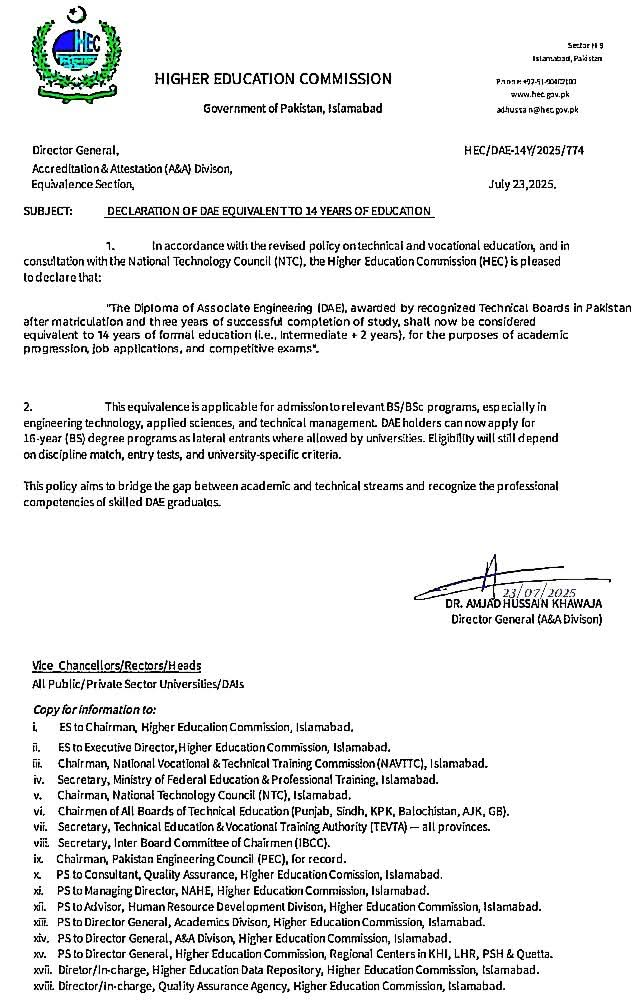
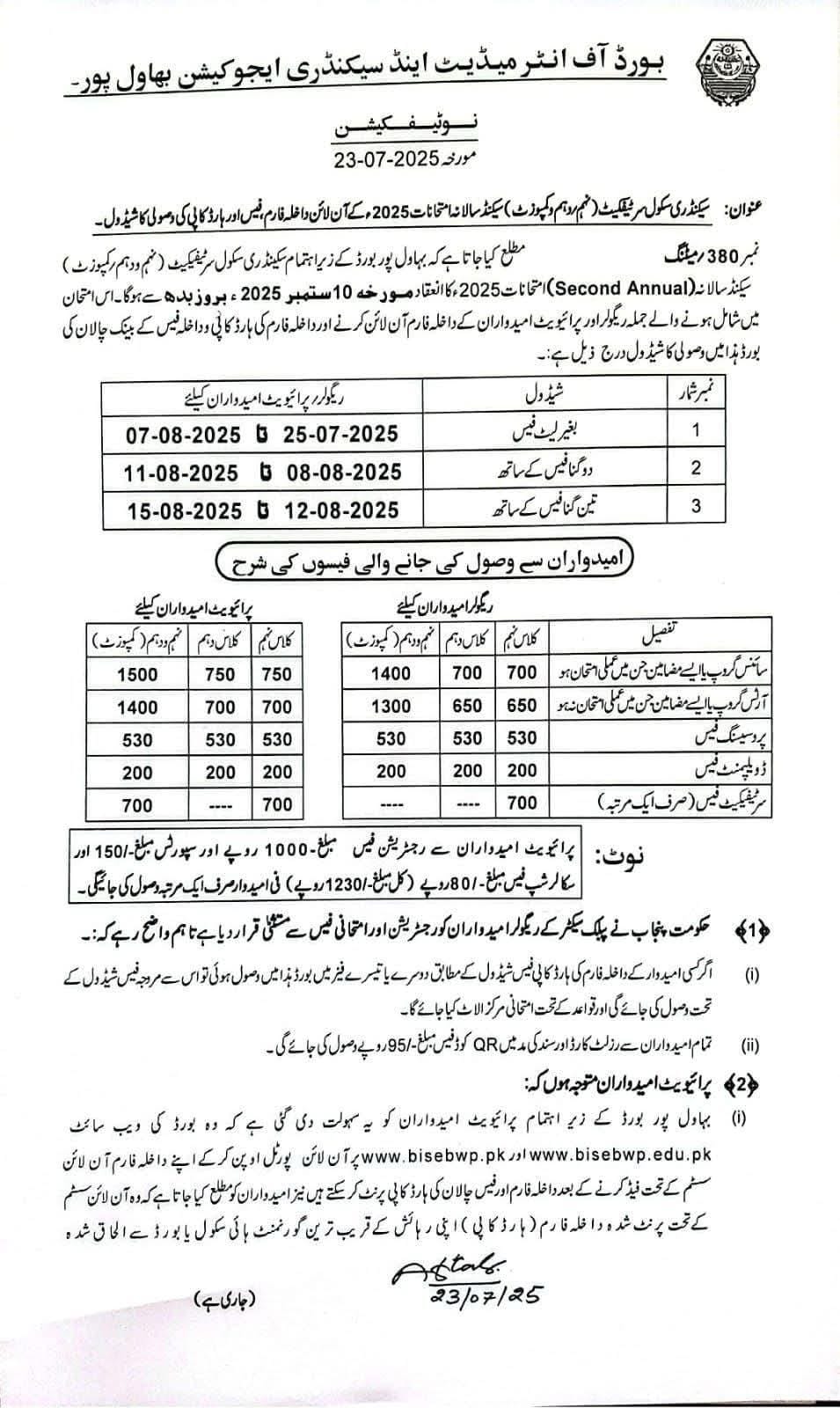
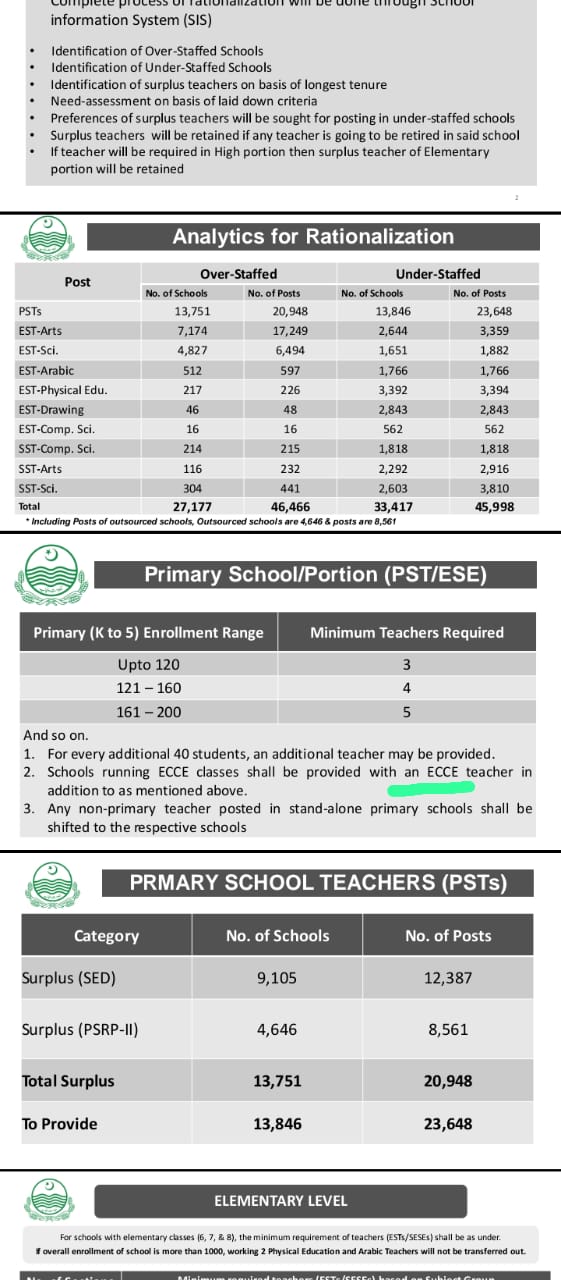
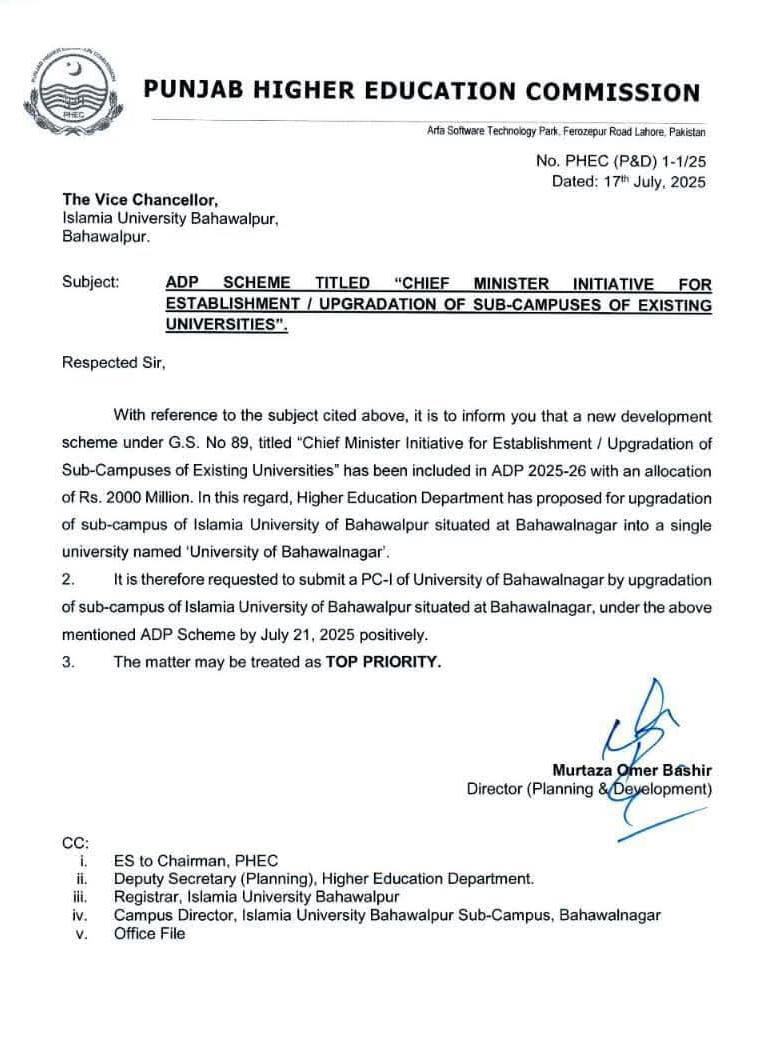

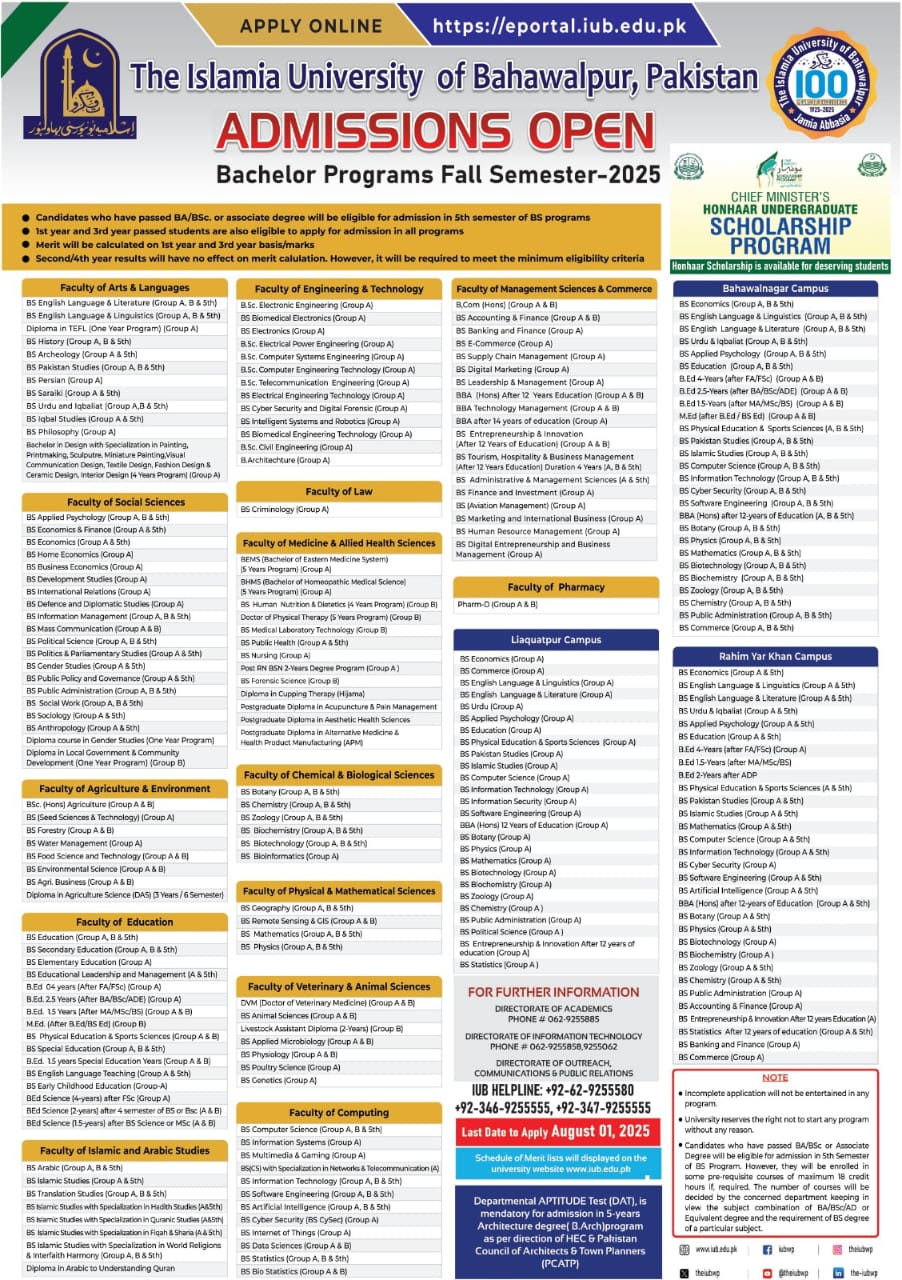

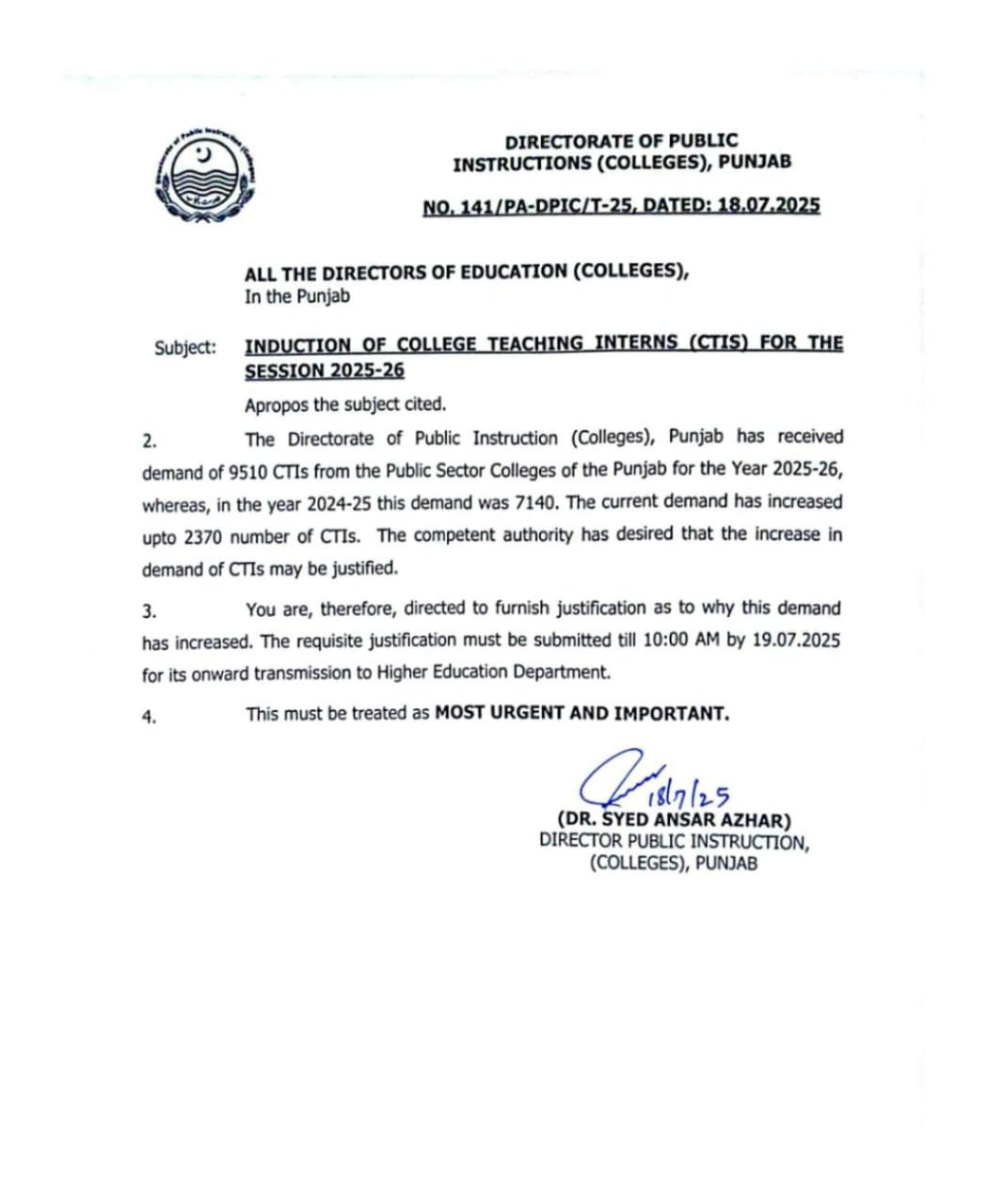

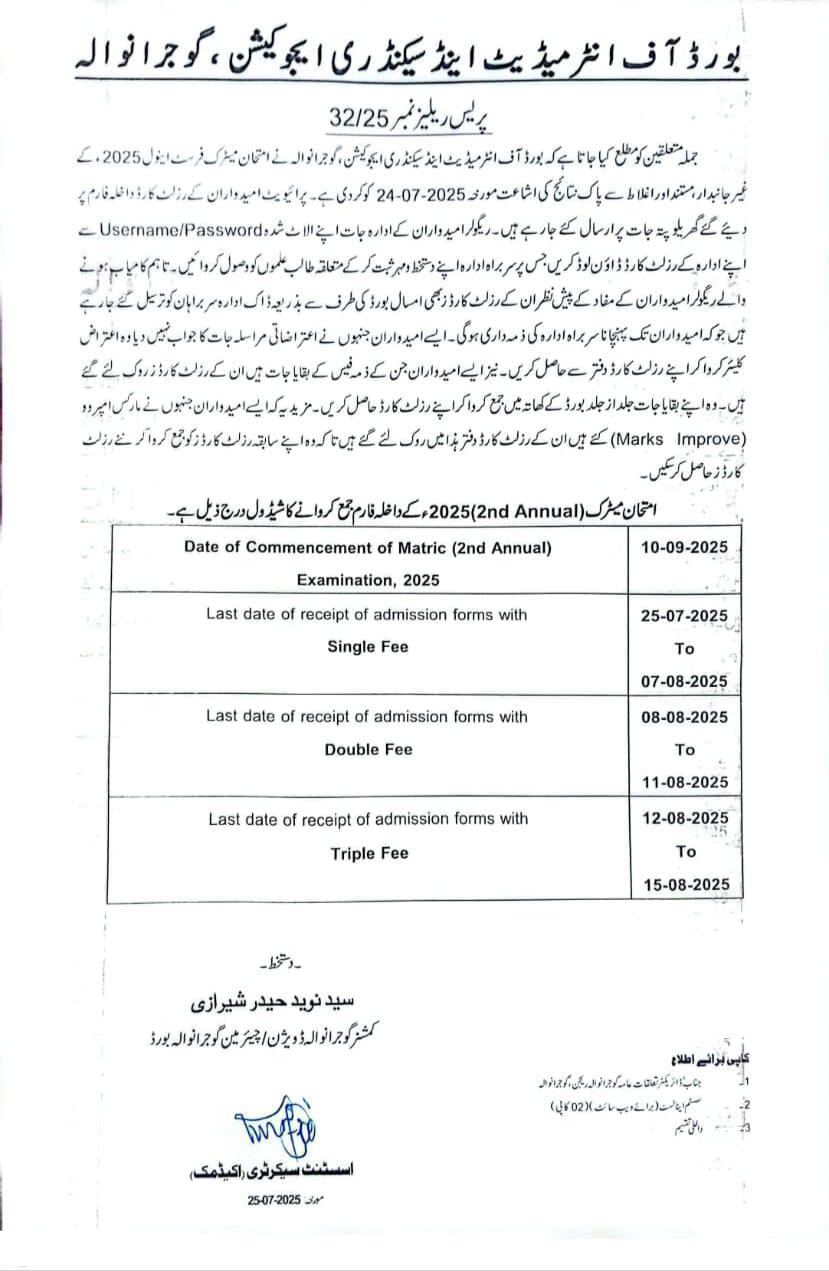
One Comment